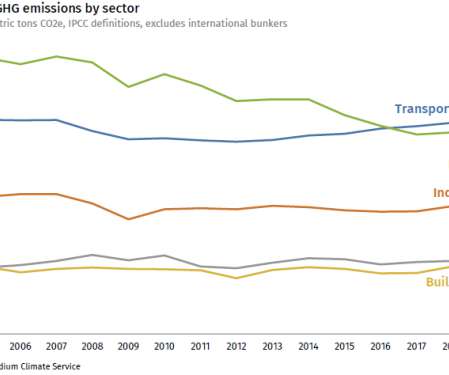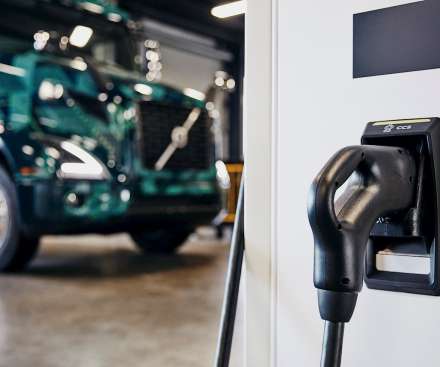IEA finds CO2 emissions flat for third straight year even as global economy grew in 2016
Green Car Congress
MARCH 18, 2017
Global energy-related carbon dioxide emissions were flat for a third straight year in 2016 even as the global economy grew, according to the International Energy Agency. gigatonnes last year, the same as the previous two years, while the global economy grew 3.1%, according to estimates from the IEA.










































Let's personalize your content